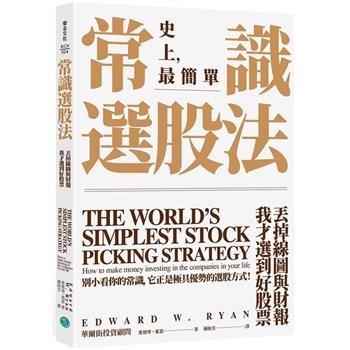In 1933 choreographer George Balanchine and impresario Lincoln Kirstein embarked on an elusive quest to found a ballet company and school in the United States. Though their efforts would eventually result in the creation of the New York City Ballet and the School of American Ballet, the first decade of their collaborative efforts was anything but assured. Tracing the tangled histories of two of the most important figures in twentieth-century dance, Balanchine and Kirstein’s American Enterprise offers a fresh perspective on a pivotal period in cultural history. Deeply researched using sources only made available in recent years, the book challenges the mythologies surrounding the early years of the Balanchine-Kirstein enterprise. It also reveals the full extent of Kirstein’s essential role and offers reconstructive analysis of lost works, as well as new and surprising details regarding some of Balanchine’s most iconic ballets, including Serenade, Apollo, and Concerto Barocco. This history involved artists including Richard Rodgers, Martha Graham, George Gershwin, Katherine Dunham, Vera Zorina, and Igor Stravinsky, as well as dozens of lesser known players whose contributions have yet to be fully acknowledged.
Capturing the full sweep of Balanchine and Kirstein’s collaborative work across multiple genres and institutions, this book reveals their partnership in all of its exciting and ungainly complexity, showing how the 1930s Balanchine was not the artist that he would eventually become, and how the same was true of the institutions that he and Kirstein jointly created.
| FindBook |
有 1 項符合
Balanchine and Kirstein’s American Enterprise的圖書 |
 |
Balanchine and Kirstein’s American Enterprise 作者:Steichen 出版社:Oxford Univ Pr 出版日期:2018-11-01 語言:英文 規格:精裝 / 15.9 x 24.1 x 1.9 cm / 普通級 |
| 圖書館借閱 |
| 國家圖書館 | 全國圖書書目資訊網 | 國立公共資訊圖書館 | 電子書服務平台 | MetaCat 跨館整合查詢 |
| 臺北市立圖書館 | 新北市立圖書館 | 基隆市公共圖書館 | 桃園市立圖書館 | 新竹縣公共圖書館 |
| 苗栗縣立圖書館 | 臺中市立圖書館 | 彰化縣公共圖書館 | 南投縣文化局 | 雲林縣公共圖書館 |
| 嘉義縣圖書館 | 臺南市立圖書館 | 高雄市立圖書館 | 屏東縣公共圖書館 | 宜蘭縣公共圖書館 |
| 花蓮縣文化局 | 臺東縣文化處 |
|
|
圖書介紹 - 資料來源:博客來 評分:
圖書名稱:Balanchine and Kirstein’s American Enterprise
|











